Following our blog post last week, where we reflected on the achievements of 2023, this week we wanted to look forward and share our plans for 2024. From championing open research practices to fostering inclusivity, transparency, and collaboration, the UCL Office for Open Science Scholarship (OOSS) teams are gearing up for an exciting new year!
OOSS 2024 Initiatives:
Annual Conference: Anticipate the return of the UCL Open Science Conference after Easter, promising an exciting and engaging program. Stay tuned for details as we continue to drive conversations on open science, sustainability, and inclusivity in research practices.
Authorship Overview: Building on the success of the 2023 conference, OOSS is preparing to release an overview of best practices in authorship. The focus on equity in authorship during a dedicated workshop last year has further contributed to the development of a UCL statement on Authorship, showcasing our commitment to fostering fair and inclusive authorship practices.
UCL Open Research Train the Trainer Course: OOSS proudly supports the UCL Open Research Train the Trainer course, a key part of the UKRN Open Research Programme. This course aims to empower participants with the knowledge and skills needed to champion open research practices, contributing to the broader mission of advancing openness in academia and beyond.
Open Science Website Overhaul: Over the summer, the office has ambitious plans for an overhaul of the Open Science website. This initiative aims to enhance user experience and engagement. As part of this revamp, case studies from the community will be gathered, providing an opportunity for voices within UCL to contribute to the narrative of open science. Watch out this space!
Research Data Team:
 Love Data Week 2024: In February 2024, the Research Data Team will celebrate Love Data Week, a dedicated time to showcase impactful data from the academic community underscoring the team’s commitment to recognising the value of open data practices and promoting its significance in research. Join us!
Love Data Week 2024: In February 2024, the Research Data Team will celebrate Love Data Week, a dedicated time to showcase impactful data from the academic community underscoring the team’s commitment to recognising the value of open data practices and promoting its significance in research. Join us!
Training and Review Services: The Research Data Team is dedicated to enhancing accessibility in 2024. One of the key initiatives involves the redesign of online training for Writing Data Management Plan providing a more user-friendly experience for researchers to access resources and guidance efficiently. Additionally, throughout the year, the team will offer training sessions and review services on data management plans. This ongoing support ensures that researchers align with funders’ criteria and best practices, contributing to the overall improvement of data management within the UCL community.
Best Practice Guidance for Metadata Records: An important focus next year will be the development of best practice guidance for creating high-quality metadata records. These records play an essential role in enhancing the findability and reusability of research data. To facilitate this, the team is creating user-friendly video guides, making it easier for researchers to grasp the essentials of metadata creation and promoting adherence to best practices.
Citizen Science Team:
Community Building: The Citizen Science Team at OOSS is committed to community building in 2024. The focus is on expanding the UCL Citizen Science community, fostering connections among researchers and communities passionate about citizen science initiatives. A landmark initiative will be the hosting of the inaugural UCL Citizen Science Community event. This event provides a platform for community members to come together, share experiences, and explore collaborative opportunities. Stay tuned and participate!
Principles for UCL Citizen Science Projects: The Citizen Science Team recognizes the importance of establishing clear principles for UCL Citizen Science projects. In 2024, efforts are underway to articulate these principles, providing a framework that ensures the ethical, inclusive, and impactful execution of citizen science initiatives. These principles aim to guide project leaders, participants, and collaborators in creating meaningful contributions to both research and public engagement.
Establishing a Citizen Science Support Service: To further support the UCL community’s engagement with citizen science, the team is working on establishing a dedicated Citizen Science Support Service. This service will serve as a central hub for resources, guidance, and assistance related to citizen science projects. The team is also compiling an enhanced list of support resources for citizen science. This will include a diverse range of materials, from guidelines and toolkits to success stories and best practice examples. By consolidating these resources, the team intends to provide a valuable repository to guide researchers and community members involved in citizen science projects. While this is underway, we encourage you to explore the available resources and training materials on our website!
Open Access:
Support and Funding for Long-Form Outputs: In 2024, the Open Access Team is committed to extending support and funding to authors working on long-form outputs, such as monographs, book chapters, and edited collections. Recognizing the importance of diverse and open scholarly contributions, this initiative aims to facilitate open access publishing for a broader range of academic works. UCL authors are encouraged to apply for funding to cover the associated publishing costs, promoting accessibility and dissemination of scholarly knowledge.
Improving Profiles and RPS for Enhanced Accessibility: The Open Access Team is dedicated to enhancing the Profiles platform and Research Publications Service (RPS) in 2024. Plans include the development of department and group pages within these platforms, fostering a more comprehensive and accessible presentation of academic profiles, publications, and collaborative efforts. These enhancements contribute to the overall visibility of UCL research outputs and strengthen the university’s commitment to showcasing the diverse impactful work of its academic community.
Safeguarding Authors’ Rights for Open Availability: An active investigation into a UCL Rights Retention policy is underway, reflecting the Open Access Team’s commitment to safeguarding authors’ rights. This policy aims to support authors by allowing them to retain the rights to make their outputs openly available. By exploring and implementing this policy, the team seeks to align UCL with practices that prioritise authors’ control over the accessibility of their scholarly works. This initiative is an important step towards ensuring that the academic community retains agency in sharing their contributions openly.
Research Bibliometrics Team:
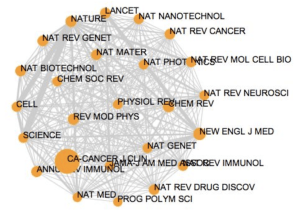 New LibGuide for Metrics Tools: In 2024, the Research Bibliometrics Team is focused on supporting researchers with the knowledge and tools needed to navigate the landscape of research impact metrics. A new LibGuides is underway, focusing on key metrics tools, including InCites, Altmetric, and Overton. This comprehensive resource will serve as a guide for researchers, offering in-depth information on harnessing these tools to assess the impact and visibility of their scholarly work.
New LibGuide for Metrics Tools: In 2024, the Research Bibliometrics Team is focused on supporting researchers with the knowledge and tools needed to navigate the landscape of research impact metrics. A new LibGuides is underway, focusing on key metrics tools, including InCites, Altmetric, and Overton. This comprehensive resource will serve as a guide for researchers, offering in-depth information on harnessing these tools to assess the impact and visibility of their scholarly work.
Training for Overton: As part of the team’s commitment to enhancing research impact assessment, special attention will be given to Overton. The Research Bibliometrics Team plans to roll out further training sessions specifically designed to harness the potential of the platform as a discovery and research metrics tool. This will provide researchers with skills and understanding enabling them to use Overton effectively for evaluating the broader impact of their research in the academic landscape.
Get Involved! 
As we embark on 2024, the UCL Office for Open Science and Scholarship invites you to be a part of the open science and scholarship movement. Whether you are a researcher, student, or simply curious about the future of academia, your engagement can contribute to a more transparent, collaborative, and innovative research landscape. Stay connected for updates, events, and opportunities. Follow us on X, formerly Twitter, and join our mailing list to be a part of the open science and scholarship conversation at UCL!
Filed under Bibliometrics, Citizen Science, Events, Love Data Week, Open Science, Project update, Research Data, Training
Tags: Announcement, Conference, training, Year Goals
No Comments »
 The UCL Office for Open Science and Scholarship invites you to contribute to the open science and scholarship movement. Stay connected for updates, events, and opportunities. Follow us on X, formerly Twitter, and join our mailing list to be part of the conversation!
The UCL Office for Open Science and Scholarship invites you to contribute to the open science and scholarship movement. Stay connected for updates, events, and opportunities. Follow us on X, formerly Twitter, and join our mailing list to be part of the conversation! Close
Close







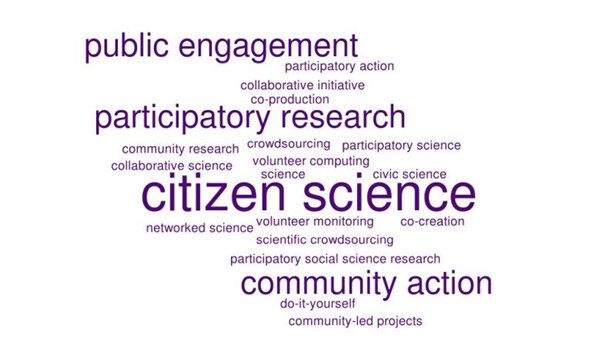


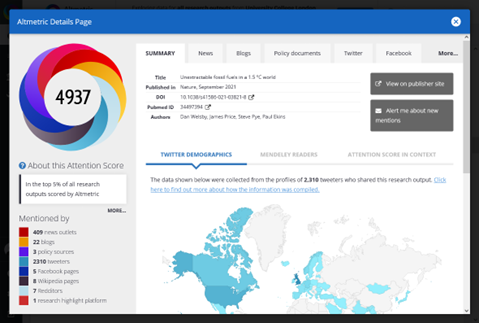
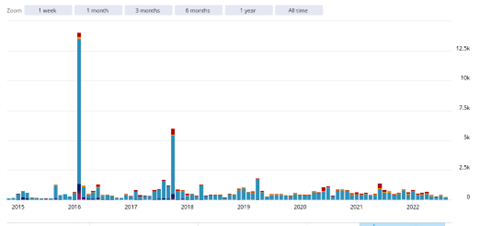
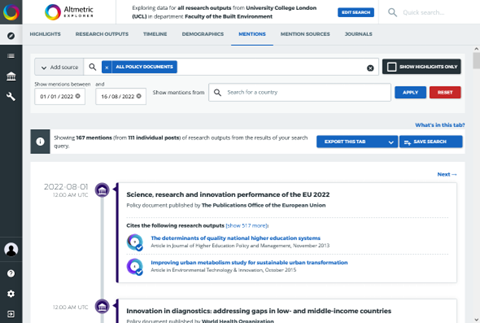


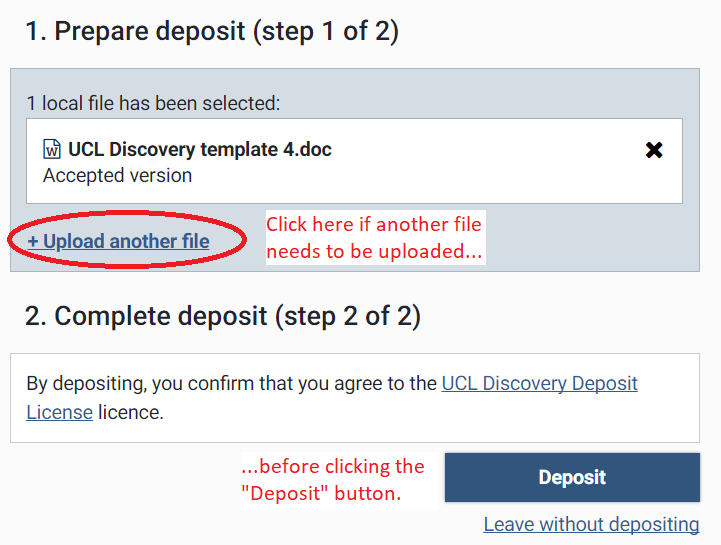
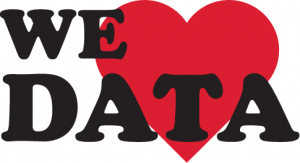 Forget about finding a restaurant for Valentine’s Day, join us instead in the week of the 14th of February and love your data!
Forget about finding a restaurant for Valentine’s Day, join us instead in the week of the 14th of February and love your data!
